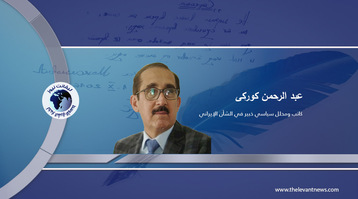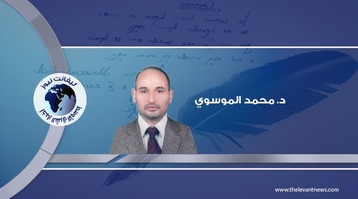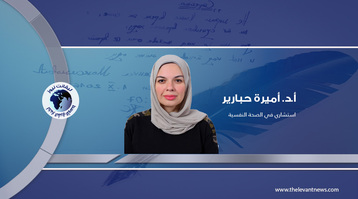-
Who will control the portfolios of Public Works, Health, and Energy in Lebanon?
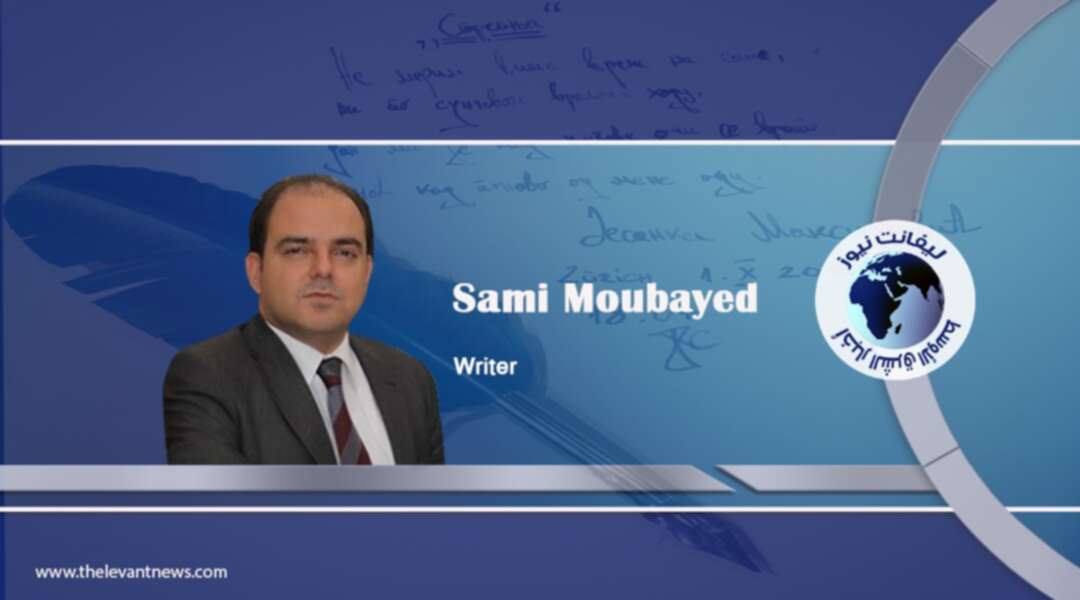
Traditional wants: The Ministries of Interior and Defense.
Throughout the Arab World the most highly sought portfolios are usually Defense and Interior. One controls the army and the other controls the security services, notoriously known as the mukhabarat in Arabic. They are responsible for keeping order and quelling dissent, much needed in Lebanon today as the country slips into chaos and lawlessness, topped with a steady economic meltdown. On several occasions over the past year and a half, the army has been called in to break-up anti-government demonstrations, while security services have been charged with arresting, harassing, and silencing dissidents. So sensitive are both portfolios that former Iraqi Prime Minister Adel Abdul Mehdi had to form his government without them back in 2018, awaiting consensus between his country’s main political parties. In Lebanon’s case the Ministry of Interior has traditionally been held by a Sunni Muslim, traditionally affiliated with Saad al-Hariri’s Future Party, while the Ministry of Defense has been occupied by a Christian from Aoun’s FPM.
This time, however, Gibran Basil made claim to the Ministry of Interior, saying that it ought to be “liberated” from hegemony of the Future Party, demanding that he gets to name the new minister and that he be selected from the Maronite Christian community. That he added, was in accordance with an initiative made by French President Emmanuel Macron last September, which called for rotation of sovereignty posts so that no single party or sect should have exclusive control over any specific ministry. Hariri agreed to name a Christian figure to the Ministry of Interior, but one affiliated to his Future Party and not to the Aounists, which Aoun and Basil have flatly rejected. Hariri says that he would only abandon the Ministry of Interior if Aoun relinquished his claim to the Ministry of Foreign Affairs, which has been held by a member of FPM for over a decade. Once again, Aoun and Basil said no, demanding the ministries of interior, defense, and foreign affairs. Parliament Speaker Nabih Berri recently suggested giving the Ministry of Foreign Affairs to a third party from the Druze community, so that it doesn’t fall in the hands of either the Maronites or the Sunnis. That too has been rejected by President Aoun.
The Ministry of Health: A new arsenal for Hezbollah
But that’s not the main reason why the two sides have been unable to form a government. This time the two sides are also quarrelling over three portfolios that were often neglected in previous cabinets, considered symbolic, ceremonial, and rather un-important, being Health, Public Works, and Energy.
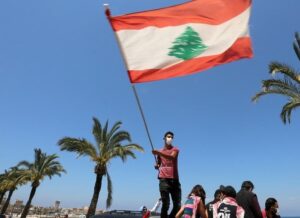
The Ministry of Health, currently occupied by Hezbollah affiliate Hamad Hasan, is at the forefront of the battle against Covid-19. Hezbollah wanted to make permanent claim to the Ministry, which gives it a new arsenal that is currently more powerful than its stockpile of rockets, being vaccines, ventilators, ICU beds, and hospitals. Such services might help polish its image before the wider Lebanese public, but they are much needed to appease the Shiite community, from which Hezbollah derives its entire powerbase. Last summer, Hezbollah media ran a video of the minister Hamad Hasan raised shoulder-high by residents of Baalbak, as evidence at how successful the party has been at combating Covid-19. It is peddling a success story, regardless of how real it is, in order to keep the Ministry for good, just like its allies in the Amal Movement have permanent control over the Ministry of Finance. Before Hezbollah got the Ministry of Health in 2019 it had been held by the Lebanese Forces (2016-2019), and before that, by a member of the Progressive Socialist Party (2013-2016). Neither showed any desire to keep it, tossing it from one part to another, and nor did Hezbollah until Covid-19 swept the country in 2020. Hariri is reluctant about giving them another turn at the Health Ministry, however, claiming that this might put the entire health sector at the risk of sanctions by the United States.
Public Works: A potential goldmine
The Ministry of Public Works is another high on everybody’s wish-list because this is where the money will go when/if the reconstruction of Beirut begins, one year after the port explosion killed over 200 people and tore down half the city. According to estimates the cost of reconstruction stands at a whopping $15 million USD; money that Lebanon does not have and needs to attract through donor states, wealthy Lebanese emigres, and international agencies. If any of them start contributing money, it would have to go through the Ministry of Public Works, explaining why Hezbollah has also made claim to the portfolio currently in the hands of Michel Najjar, a protégé of the Marada Movement. Once again, Hariri refused to bend, arguing that nobody would invest in the rebuilding of Beirut if there is the slightest chance of that money reaching Hezbollah coffers. An aid package of $11 billion USD had been promised to Lebanon by donor states meeting in France back in 2018 but it was frozen pending administrative and political reforms, which include clipping the wings of Hezbollah. Hariri was unable to deliver and nor was his successor, the incumbent Hassan Diab, who actually owes his existence at the Grand Sertail to Hezbollah. Last summer Diab began talks with the IMF for a $9-11 billion USD loan but that too was put on hold by the resignation of his cabinet in August, due to the port explosion.
The Ministry of Energy “wanted” by Hezbollah
The third portfolio that is up-for-grabs is the Ministry of Energy. Lebanese waters are believed to be rich with gas, but drilling was suspended due to disagreement with Israel over the country’s Executive Economic Zone (EEZ). The first offshore exploration well was drilled and completed in May 2020, where traces of gas were found, confirming the presence of hydrocarbon reserves. If completed, this could potentially solve all of Lebanon’s problems, rescuing a country that has traditionally relied on banking services and tourism to survive. Both sectors are currently dead, however, explaining why gas is so important. Yet again, and just like with the abovementioned portfolios, Hariri is reluctant to concede, although this time, competing with Hezbollah is not the Future Party but their allies in Gibran Bassil’s FPM, who also want the Ministry of Energy.
BY: Sami Moubayed
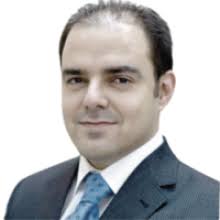
You May Also Like
Popular Posts
Caricature
Syrians' concerns now
- December 10, 2024
Syrians' concerns now #Syria
#Bashar_al-Assad
#Liberation_of_Syria
#Syrians
#Future_of_Syria
#Levant_News

opinion
Report
ads
Newsletter
Subscribe to our mailing list to get the new updates!

